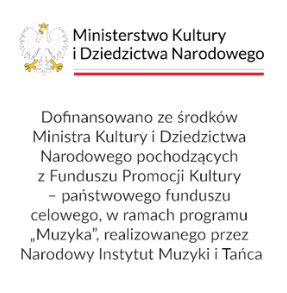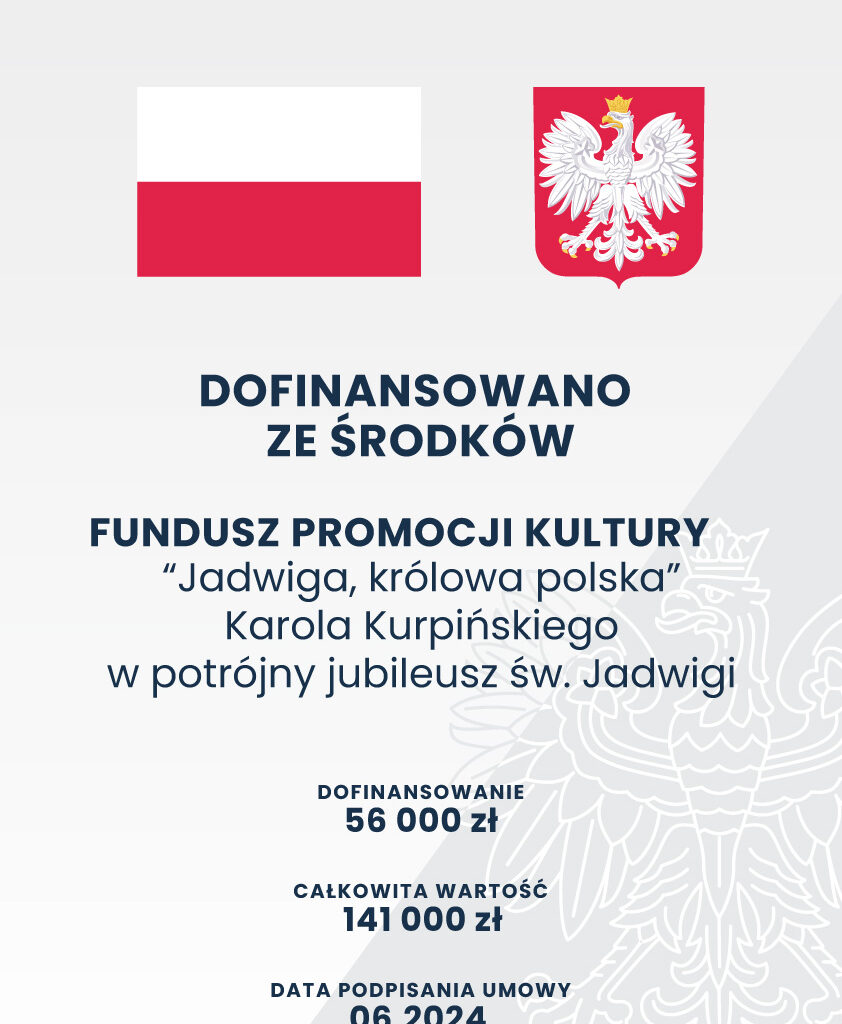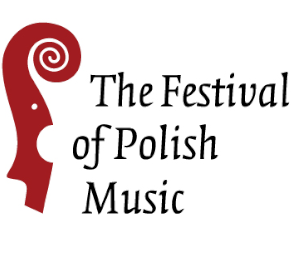at 7 p.m.
SPECIAL CONCERT
Karol Kurpiński
JADWIGA, QUEEN OF POLAND
opera in 3 acts
KAROL KURPIŃSKI: JADWIGA, KRÓLOWA POLSKA
opera in 3 acts (concert version)
[650th anniversary of the birth, 640th anniversary of the coronation and 625th anniversary of the death of St Jadwiga (+17.07.1399)]
Jadwiga, Queen of Poland:
Edyta Piasecka, soprano
Wilhelm, Duke of Raccoon:
Stanisław Napierała, tenor
Conrad, Grand Master of the Teutonic Knights:
Michał Janicki, bass-baritone
Jagiello, Grand Duke of Lithuania:
Regimantas Gabšys, baritone
Ziemowit, Duke of Masovia:
Daniel Domarecki, tenor
Spytko of Mielsztyn, chancellor and castellan of Cracow:
Adam Dobek, baritone
Jan of Tenczyn, Governor of Cracow:
Jakub Luboiński, tenor
Dominika Peszko, tutor of soloists
Jerzy Basiura, costumes
Mixed Choir of Wawel Cathedral
Andrzej Korzeniowski, choirmaster
Choir of the K. Szymanowski Philharmonic in Kraków
Sinfonietta Cracovia
Ilona Dobszay-Meskó, conductor
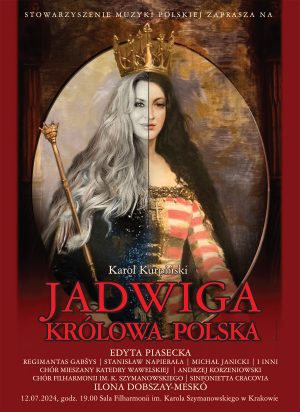
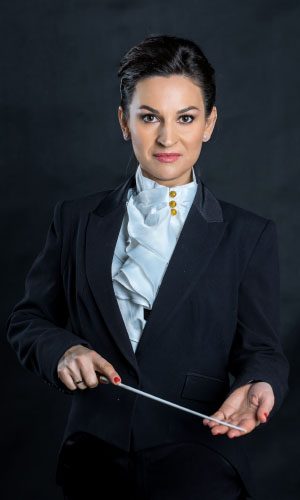
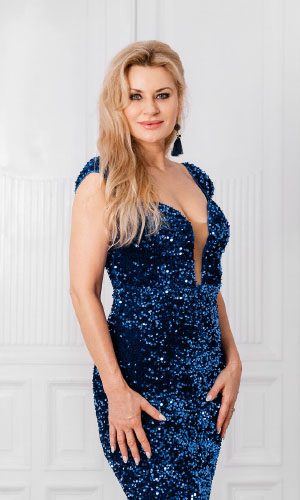
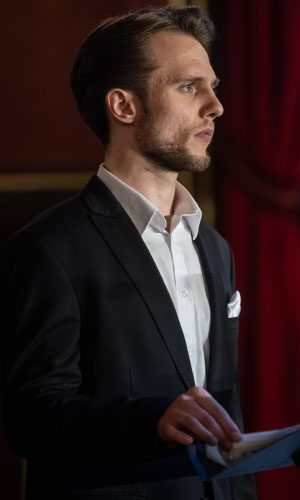
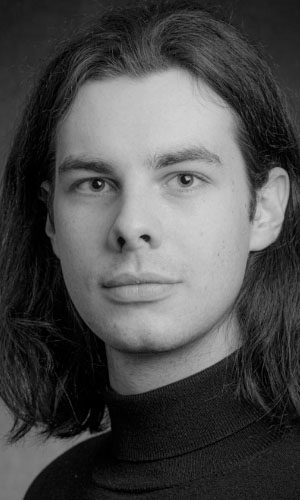
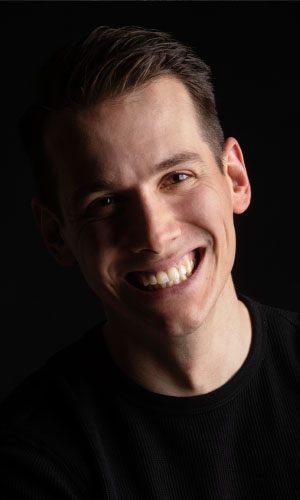
JADWIGA ANDEGAWENSKA IS ONE OF THE MOST INTERESTING HISTORICAL FIGURES. IN 1384 SHE WAS CROWNED KING OF POLAND. THANKS TO HER MARRIAGE TO KING WŁADYSŁAW JAGIEŁŁO, THE POLISH-LITHUANIAN UNION WAS CONCLUDED. HER MARRIAGE TO RULER JAGIEŁŁO LED TO THE UNION OF POLAND AND LITHUANIA. THE OPERA JADWIGA THE QUEEN OF POLAND BY KAROLA KURPIŃSKI TELLS THE STORY OF HOW IT HAPPENED.
Jadwiga the Queen of Poland is an opera by Karol Kurpiński written in 1814 to words by Julian Ursyn Niemcewicz. The opera tells the story of Jadwiga Andegawenska – confronted by fate with the choice between personal happiness and the happiness of the nation. The opera features five main characters – Jadwiga, three candidates for her hand – Archduke William, Grand Duke of Lithuania Jagiełło and Duke Ziemowit, as well as the Grand Master of the Teutonic Knights – Conrad. Jadwiga loves Wilhelm with reciprocity and wants to marry him. She knows that the other candidates only want her hand for political reasons. At one point, however, one of the Polish magnates suggests to the queen that thanks to her sacrifice, pagan Lithuania will be Christianised. To such an argument Jadwiga is not indifferent and makes the decision to marry, commenting with the words: ‘let the heart’s inclinations give way to duty’. Jadwiga’s decision is not to the liking of the Teutonic Grand Master, who eventually dies in a duel with Jagiełło. In the final scene, Jadwiga crowns Jagiełło as king of Poland. Kurpiński uses music to emphasise the character traits of the characters and the emotions that govern them. For example, to show Jadwiga’s subtlety, Kurpiński uses delicate instrumentation in the parts she sings, e.g. in the first recitative she is accompanied only by a duet of violin and viola. At the work’s climax – when Jadwiga makes the decision to marry – Kurpiński emphasises her emotional state and split through the heroine’s brief and abrupt words: “What shall I do? What shall I do?”, which are recited between the suggestive speeches of the orchestra, which tries to illustrate the content of the words with musical means – through frequent changes of dynamics or sudden use of pauses. The opera was written at the time of the Congress of Vienna, convened to make territorial changes and work out new rules for the continental order. The Poles pinned considerable hopes on the deliberations, hoping that the Congress would bring into being the Kingdom of Poland, expanded to include the lands of Lithuania. The choice of theme was therefore obvious – the story of the fate of the queen, who led to the merger of the Crown of the Polish Kingdom with the Grand Duchy of Lithuania in 1385. Allusions to the political situation of the time were accurately interpreted by Poles.
[text: Paulina Pieńkowska – Historia:Poszukaj Portal Edukacyjny]
